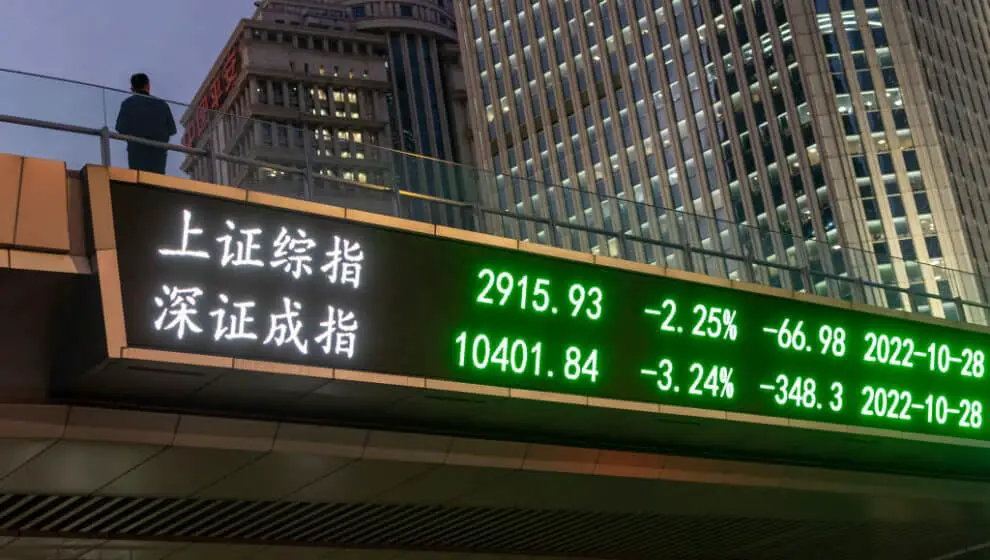China’s National Bureau of Statistics revealed the country’s GDP on Tuesday—and it is trending negatively.
Key Details
- China posted a 3% GDP growth for 2022, the slowest annual growth it has measured since 1976, and down from 8.1% in 2021. This missed even the projected GDP of 5.5%.
- The Zero-COVID policy enacted in 2022 did severe damage to the Chinese economy, harming the country’s citizens and international relationships and contributing to a severe drop in GDP, Axios reports.
- CNBC reports a 0.2% drop in retail sales, a 3.6% increase in industrial production, a 5.1% increase in fixed asset investment, a 10% drop in real estate, and an unemployment rate of 5.5% in December. It also saw imports and exports decrease due to the economic slowdown in the U.S. and Europe.
- The country may be entering an economic tailspin that it may only recover from partially, at least not to its former peak as an international superpower.
- Chinese leaders will announce their next GDP goal for 2023 in March.
Why it’s Important
China faces multiple ongoing crises, including the recently ceased COVID-19 lockdowns, political unrest, a deflating housing market, decreasing interest from global investors, economic stress, demographic collapse, tensions with the west, and a dwindling relationship with the global economy. But that is based on what the Chinese Communist Party is telling the west. Many analysts believe that the country is facing even worse internal problems, more intense than they will admit publicly.
CNBC notes that Kang Yi, director of the National Bureau of Statistics, is casting the 3% GDP as “relatively fast” improvement in light of the ongoing problems. “Businesses still face many difficulties in production and operation, scientific and technological innovation is not strong enough, and people still have considerable difficulties in employment. We still need to make strenuous efforts to promote overall economic improvement,” says Yi.
Notable Quote
“It is very surprising in our view that the reported numbers for December were not worse, given the large COVID wave in the month,” says a Goldman Sachs economic analyst.
